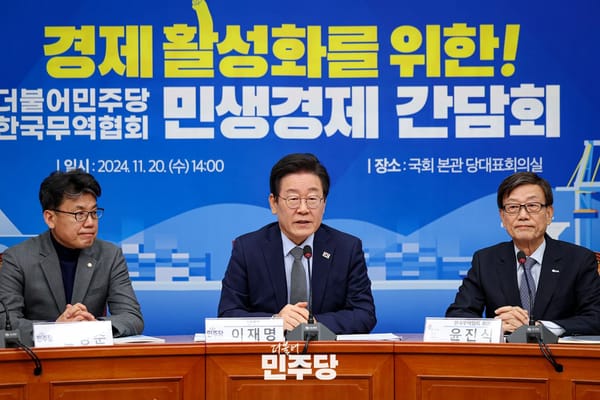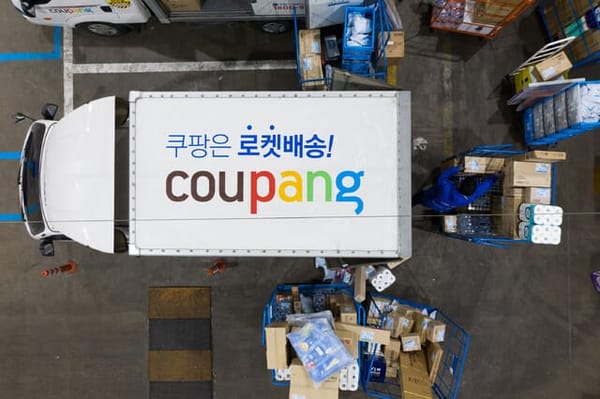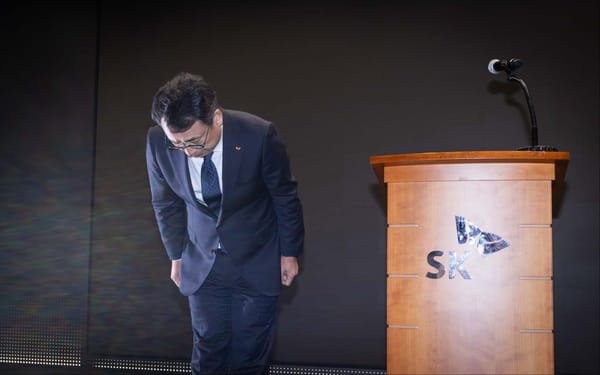Credit: Website of the Korea Exchange (KRX).
What was supposed to be a temporary measure to calm the stock market at the onset of the pandemic is now the world’s broadest and longest short-selling ban, according to Bloomberg. On March 16, the Financial Services Commission 금융위원회 ordered a temporary six-month ban on short-selling; on September 16, the FSC extended the ban by another six months. Only twelve domestic securities companies are allowed to conduct short sales in order to facilitate smooth trading.
The FSC is moving aggressively against short sales as the South Korean stock market attracts more retail investors than ever. (See TBR Buzzword for “Donghak Ant Movement”.) A short sale is a sale made when a downturn is expected; a short-seller borrows stocks, sells them, then re-buys the same stocks later when their price is lower to return the same stocks to the lender. Short sales face persistent criticism that they artificially drive stock prices lower. They are also seen as biased toward large institutional investors, as retail investors lack the ability to execute a costly and complex transaction like a short sale. In this environment, the ban against short sales has become a populist cause. Gyeonggi-do Province Governor Lee Jae-myung 이재명 경기도지사, one of the favorites for the next presidential race, weighed in favor of extending the ban, saying short sales “have potential benefits, but thus far they have been misused as an unfair practice.”
But short sales are not all bad; they play a critical role in hedging risks and incentivizing investors to expose the flaws of a company’s business plan, a particularly important function in today’s market infused with cheap money and irrational exuberance. South Korea’s KOSPI index has risen by 60% since March, but without an important means of hedging the risk, institutional investors - especially foreign investors - are simply withdrawing from Korea’s equity market. September’s sell-off by foreign investors, approximately KRW 250b (USD 215m), was the largest since April.








